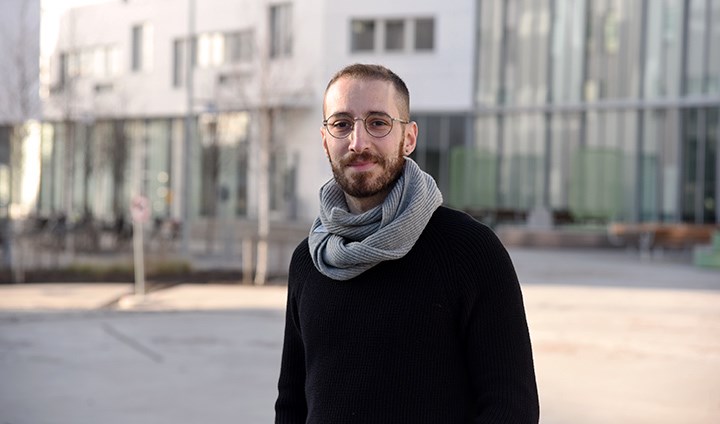Lifelong learning – the key to happiness?

More and more senior citizens are studying at senior universities. But why do older-adults want to learn new things and further their knowledge? Örebro University doctoral student Hany Hachem is researching this in a new study.
Read the scientific article "Is there a need for a fourth statement? An examination of the critical and humanist statements of educational"
There are many questions about older people and learning that are not easily answered. What is the purpose of learning? What is the role of a teacher? Who defines the interests and needs of older people? In answering these questions, researchers primarily follow one of two major learning philosophies: the humanistic and the critical. For decades, humanistic and critical educational gerontology has been systematically debated by educational gerontologists .
“Learning philosophies are fundamental because they are later applied practically inside classrooms,” says Hany Hachem. He is a doctoral student in the Newbreed research school, where the focus is on ageing through various perspectives.
His conclusion is that these two different philosophical views on older-adult learning, do not sufficiently explain why older people want to learn new things. Within the humanistic perspective, learning is almost the same as happiness. In contrast, the critical viewpoint’s analyses of older people and learning assert the notion that learning should lead to social change for it to be significant.
“I argue that we need to define better the goals of learning in educational gerontology. These perspectives don't need to exclude one another; instead, it has to do with both happiness and social change,” explains Hany Hachem.
He has also established that many of the arguments within these two philosophies are alike. Still, there are also differences in defining various concepts within educational gerontology – the study of older-adult learning.
“My study is an attempt to revive this debate, and highlight some ambiguities with the statements of principles of older-adult learning. I want to shed light on the tensions within and across both views and show that there are many similarities between the two,” states Hany Hachem. The current polarisation does not serve the field, anymore.
Collecting data from study groups
Studies show that education has a positive influence on the mental health of older people. In the next step, Hany Hachem will be conducting a study group for older people in Lebanon, as the coronavirus situation allows it. He will investigate what effects learning based on the humanistic philosophy has on its participants.
“I want to verify the claim that learning has an impact on the happiness of older people.”
Hany Hachem’s study group will also take part in learning based on the critical philosophy of learning, providing the possibility of comparing the effects of the two viewpoints. Altogether 250 persons will study at a senior university as well as participate in surveys and interviews.
“The profile of older people who study at a senior university is very similar regardless of country. They are often middle-class with varying degrees of social and economic influence. That is why my results could also apply to make conclusions about older people in Sweden, or possibly elsewhere.”
Text and photo: Jasenka Dobric
Translation: Jerry Gray
